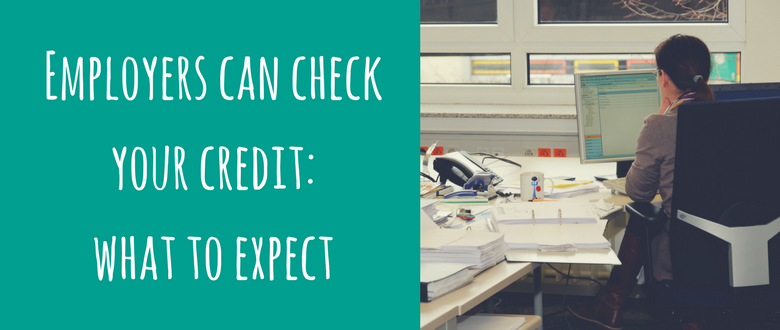- Late payments. If you are chronically late on your payments and bills, it may show to the employer that you don’t have it together, cannot meet deadlines, or that you are not very organized.
- Lots of debt. For some employers, this might indicate you are in a lot of stress, and to some might be seen as a higher likelihood of committing theft or fraud.
- Things like repossessions, bankrupcy/foreclosures, among others could be read as a sign of irresponsibility.
What to do?
With this in mind, you need to be on top of your credit game. You can get up to 1 free credit report a year from each of the three major credit reporting agencies (so 3 a year) when you go to annualcreditreport.com, so start putting this on your to-do list. Monitoring your credit regularly is so important not only for employment but to make sure there aren’t any fishy things going on (like identity theft!). If you see an error on your report, fix it quickly! Letting things just sit there isn’t helping you out.
While blemishes on your report might not be only reason for not getting a job, it certainly helps to take care of your credit report for when you move up in your career–and when the hiring process is even more rigorous.
Start getting your financial life in order by taking advantage of our resources, such as our guide to paying off accounts in collections, as well as credit repair.
Back to Top

